Photography books, schools, websites, and even your local camera clubs are your main source of help when it comes to improving your craft. There is a lot of information on photography that can be found due to the abundance of resources available everywhere these days. But there are some unusual things you can do to improve your craft that you won’t often read in photography forums or common sources.
Here are a few of these uncommon strategies that can help you improve your photography:
Study anything other than photography
Learning photography is like learning any other subject like marketing or psychology. There are majors and there are electives – things that directly relate to what you want to learn, and skills which, although not required, will help you become better. In photography, it’s not just your so-called photographic eye that you need to improve.
Gaining traits like patience and discipline will take you far in your quest to better photography. You can learn these things by studying a different craft like painting. Or you can get better understanding about form, texture, and style by learning how to sculpt. You can also do things like cooking and surfing. Patience was something I acquired when I was learning how to surf since I had to wait for the right waves. It helped me a lot in capturing the right photos with high-action travel photography.
by Abhisek Sarda, on Flickr
Delete Your Photos
I know there are those of you who would probably frown at the idea of deleting your photographs. Some of us love keeping photos that we don’t really use and we say, ‘oh I’ll use that someday', or ‘I can still fix that photo later'. However, the idea that you can salvage a photo for future use has no real purpose, unless of course you want to learn Photoshop more than photography. And even if you could, it’s easier to improve by taking more photos instead of ‘fixing’ old ones.
Go over the photo files you keep on your computer and start deleting those pictures you don’t really need. If you have thousands of files, do some spring cleaning and keep only the best. And from now on, if you're not sure if you like it, I suggest you delete it.
by Harrissa Sunshine, on Flickr
Limit Your Gear
Some will agree with me and some won’t, but carrying a lot of gear can sometimes be very distracting. But from time to time try to be MacGyver and make do with what you have. Or if you have 5 lenses, carry only 2 during a personal project.
Your ability to still take great photographs will arise even if you’re limited with gear. Yes, you may miss a lot of opportunities, but in the end, you gain a better understanding of your gear and how to utilize it effectively. Just imagine being at Masterchef and Chef Ramsey takes away one of your most important ingredients. It forces you to be creative.
by Nesster, on Flickr
Study What You’re Shooting
Learning photography isn't just about learning about lighting, gear, and composition. It is also about understanding your subject, what affects it, and how it reacts.
If you’re interested in baby photography, learning about how babies behave, and knowing their attributes will help you a lot in your execution. If it's travel, researching about a place will help you a lot to gain a better understanding about culture, what people like, and what they don’t like so you can take photos effectively. The best car photographers are those who passionate about cars, because they understand what to look for in car images. Studying your subjects will give you better perspectives in taking photographs.
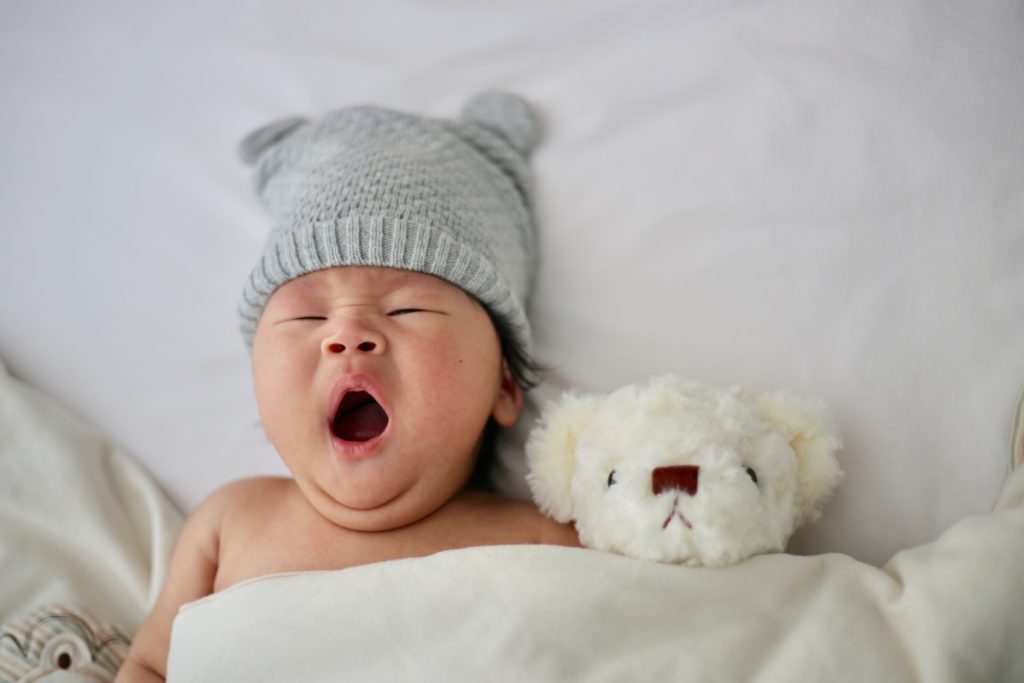
Teach Others
Some of the best students are teachers. There is a certain motivation that allows teachers to want to learn more. I have taught and have given talks about travel photography and I always end up learning a whole lot more than what I am teaching. I am not saying you have to get a teaching job to be a better photographer. But when you are able, find someone who would like to know more about photography. Share with them a thing or two about what you know and perhaps you will discover even more about what you are sharing. Maybe you can teach some kids or a colleague who wants to learn. When someone asks for a photo critique, share your insights. You can start with them.
There are a lot of other things you can do to be better at photography. Some of these things are quite obvious while the rest you need to discover. What is important is that you are open to learn from different sources. You don’t have to follow everything to the dot. In some instances, you can simply learn a thing or two and move on to the next lesson. More importantly, perfect practice makes perfect.
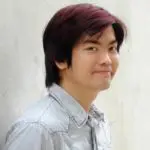
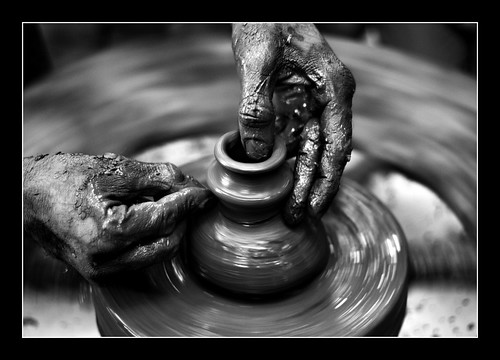
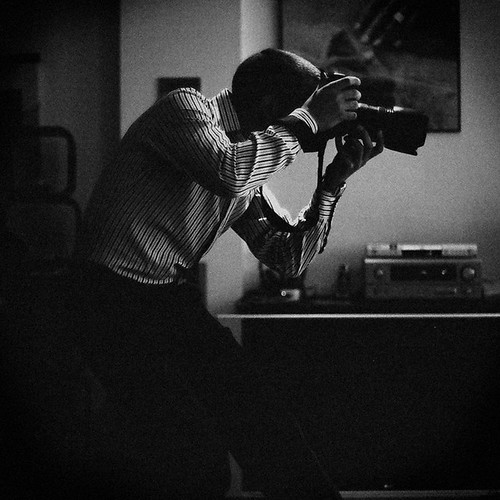
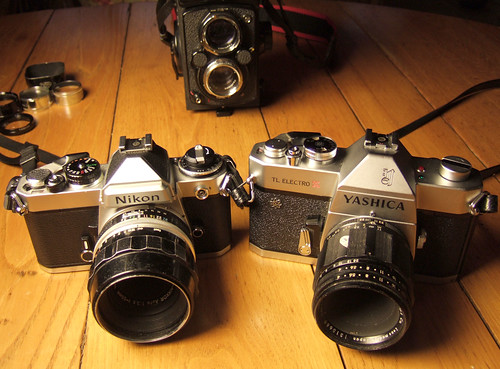

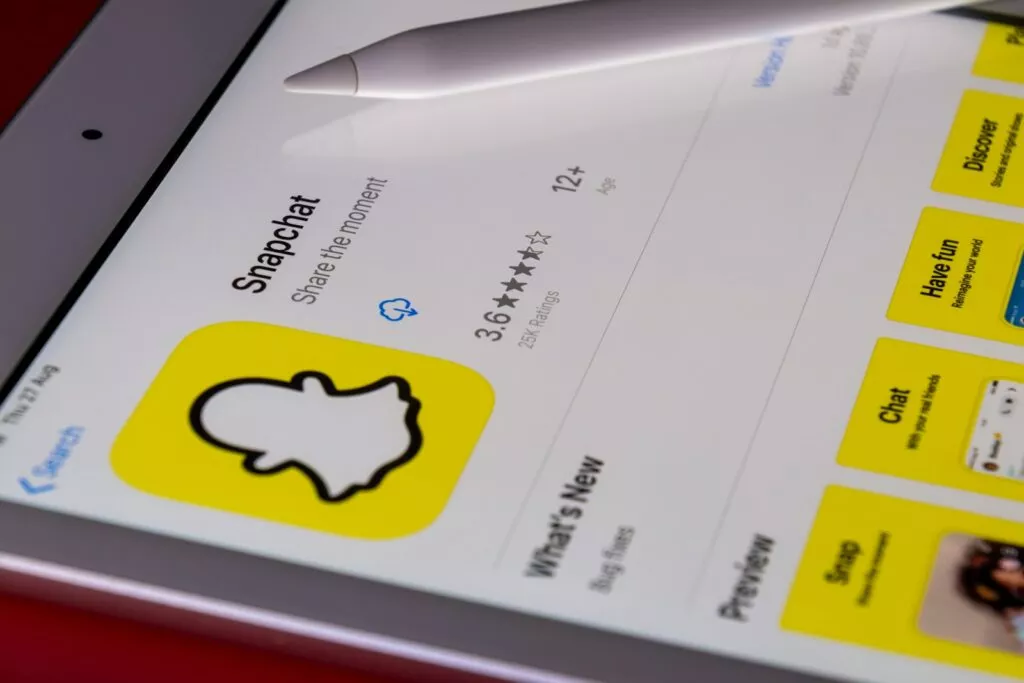
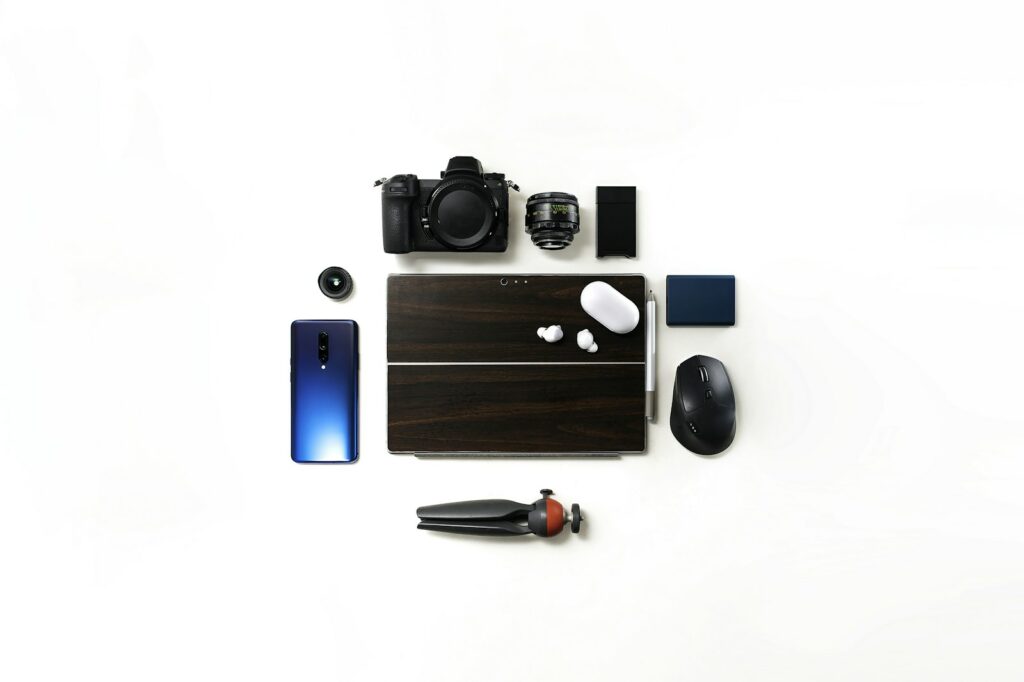
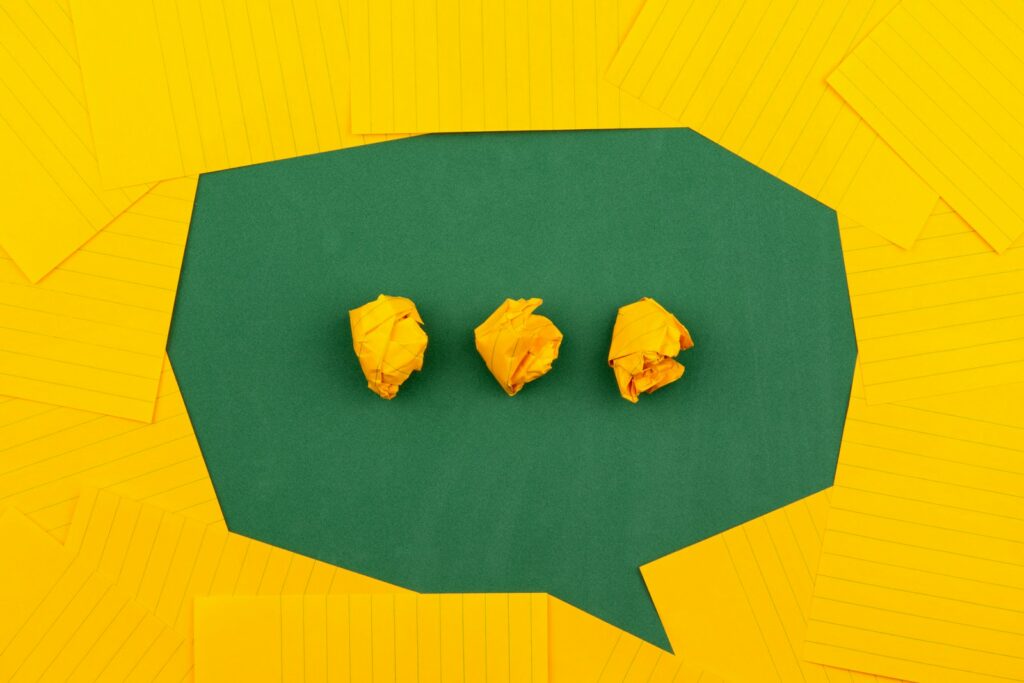
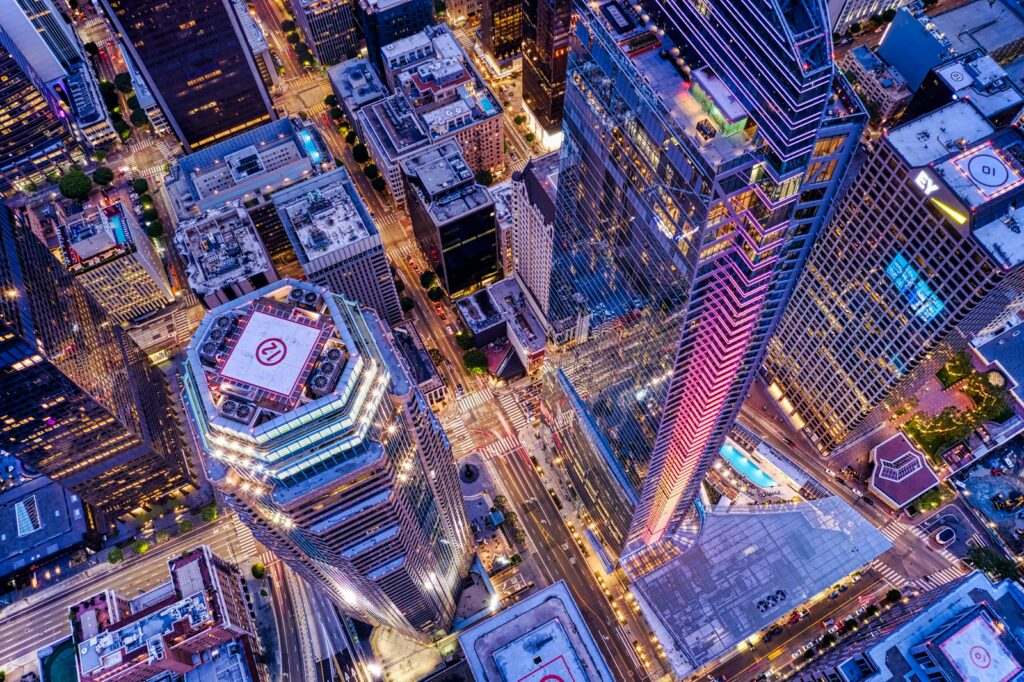
13 Comments
These are good tips. I especially need to learn to delete pics rather than hoarding them. That should sharpen my eye toward the truly better ones. Thanks for goading me into a little housekeeping. 🙂
thank you its always nice to read how a pro does things..and also put in “layman” words to understand
Awesome tips! I’m guilty of not deleting photos thinking that I’ll use that someday. Haha!
Great tips. I like to go to a favorite spot with a different lens every time and compare the pictures later. Even if you take them at the same spot they look different.
Also, forcing yourself to use a tripod is good. It makes you slow down and take a closer look at your composition.
These are some great tips. I´m a person who keeps hoarding pictures I don´t really need because it´s hard for me to delete them even though I know I should. Reading your article I might have gained a courage to finally delete the useless ones. Thanks.
great photos!
thanks for this article 🙂
Delete, review, delete. Learn from your self.
Thanks. Good info. Confirms my tendency to delete which I’m real quick to do, but always with a tinge of uncertainty. No regrets though so far. Definitely makes image organizing easier.
And thanks Irlebron for the reminder to grab my tripod. Great suggestion.
A street photography teacher I had, had this to say about less than great images and photoshop: “You cannot polish a turd.”
That statement says it all. If it is a turd, delete it. We are all far too anally retentive about our work. Besides, if you throw it away, you can move on and not be the photographic equivalent of a hoarder.
Learn from mistakes, and particularly spectacular ones. Once the lesson is learned, delete the evidence. Some mistakes are cool, and creative: Hang on to those. Just remember they are the exceptions, not the rule. Keep notes on them, as they add to the palate of artistic options you bring to the table.
Now repeat the exercise, of creating images, being aware but not restricted by the rules of composition. Learn techique to aid in realising your vision, not as a safety net to recover from mistakes, (i.e. remember the lesson of not polishing turds.)
Practice forever, or until you are infirm or dead, whichever comes first.
Your ability to delete your old work reflects your confidence in creating better ones.
The more you can let go, the more you are able to explore and discover new things in your photography.
yeah, I figured that its the main reason behind that .
i’m not sure why most posts are I’m I’m not sure why most of the posts are concentrating on the point about deleting. The other 4 points are much more significant in my view.
I agree that studying other forms of craft or art will inform and expand the skills of a photographer. I would also suggest, however, that learning how to use a view camera is one of the best ways to become a Photographer with a capital ‘P’. I took the View Camera class at the local community college and I have to say, HANDS DOWN, I learned more about the workings of the camera, lenses, and principles of photography as well as the creative aspects such as composition and artistic expression than any book, video, or class provided. All forms of learning that can inform or improve your skill and style is time well-spent, but learning the view camera–an analog, old-school, large format film camera–was the way I got a deep understanding of photography… including my digital images.